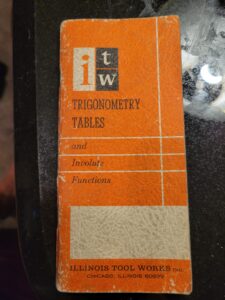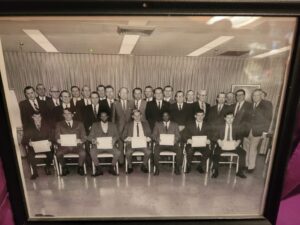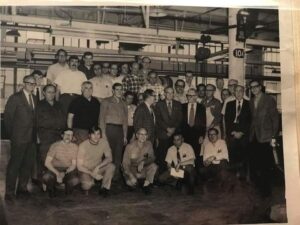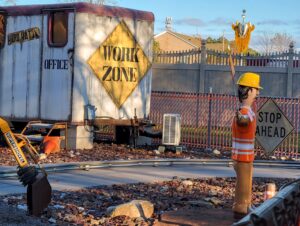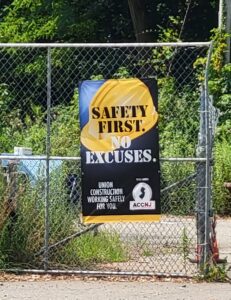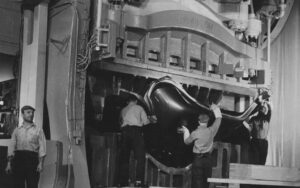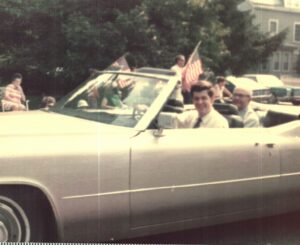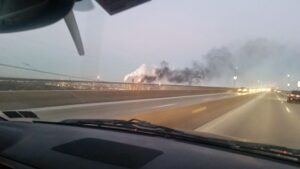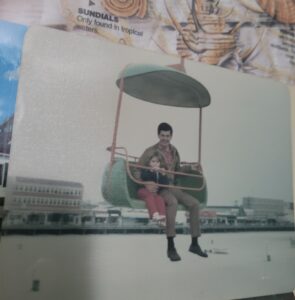My late uncle, grandfather, and father were all UAW workers. They all worked together in the same plant throughout their adult lives.
By all accounts, none of them were stupid or lazy.
The language, skills, and dedication they, and their fellow UAWers used were anything but child’s play.
I certainly don’t understand any of it, at all, and I am very certain that it involves more than slapping together a few pieces. I am also positive that we could not have our child do it.
Our families celebrated and mourned together with other UAW families. I remember pieces of so many stories of great accomplishment and deep despair cycling and trailing through the years.
I can still feel the tension and anguish of struggling and supporting each other through strikes when community phone calls and food were mainstays of times. Having occasion to reflect back, I appreciate all over again learning about the value of hard work, team pride, and loyalty.
There’s a melancholy, too, as I’m now able to understand the impact of dreams that were never realized and wounds that never healed while so many hours were spent in the plant.
One of the instances that stands out, as it distressed my father, and impacted his values and narratives around labor and commerce for as long as I can remember, was his witnessing a coworker’s suicide in the parking lot of the plant following an influx of imports and resulting layoffs.
The plant continued to decline and finally closed its doors permanently in 2003.
See also: The Budd Company Plant Philadelphia
According to Google Gemini:
The 1970s and 1980s were a tumultuous time for UAW workers. While the union had achieved significant gains in the decades prior, these decades brought new challenges and significant changes to the American automotive industry.
Key Factors Affecting UAW Workers:
- Foreign Competition: The rise of foreign automakers, particularly from Japan, posed a significant threat to the domestic auto industry. This competition led to increased pressure on U.S. automakers to reduce costs, which often translated into concessions from UAW workers.
- Economic Downturns: The U.S. economy experienced several downturns during this period, including the 1973 oil crisis and the early 1980s recession. These downturns led to decreased demand for automobiles, resulting in layoffs and plant closures.
- Union Decline: The UAW’s membership began to decline during this time, as more workers were laid off and as the union struggled to adapt to the changing economic landscape.
- Wage and Benefit Concessions: In order to keep their jobs and maintain the viability of the auto industry, UAW workers were often forced to accept wage and benefit concessions. These concessions included lower wages, reduced health care benefits, and less job security.
- Plant Closings and Relocations: Many UAW plants were closed or relocated to other countries during this period, leading to significant job losses and economic hardship for workers and their communities.
“Early in the morning, factory whistle blows; Man rises from bed and puts on his clothes” -Factory, Springsteen.
See also: Labor and Union.
The lifetimes of toils, tribulations, and steadfastness in being true grown-ups, tirelessly laboring to provide for their families deserves to be acknowledged, honored, and preserved.
“The legacy of heroes is the memory of a great name and the inheritance of a great example.” —Benjamin Disraeli


